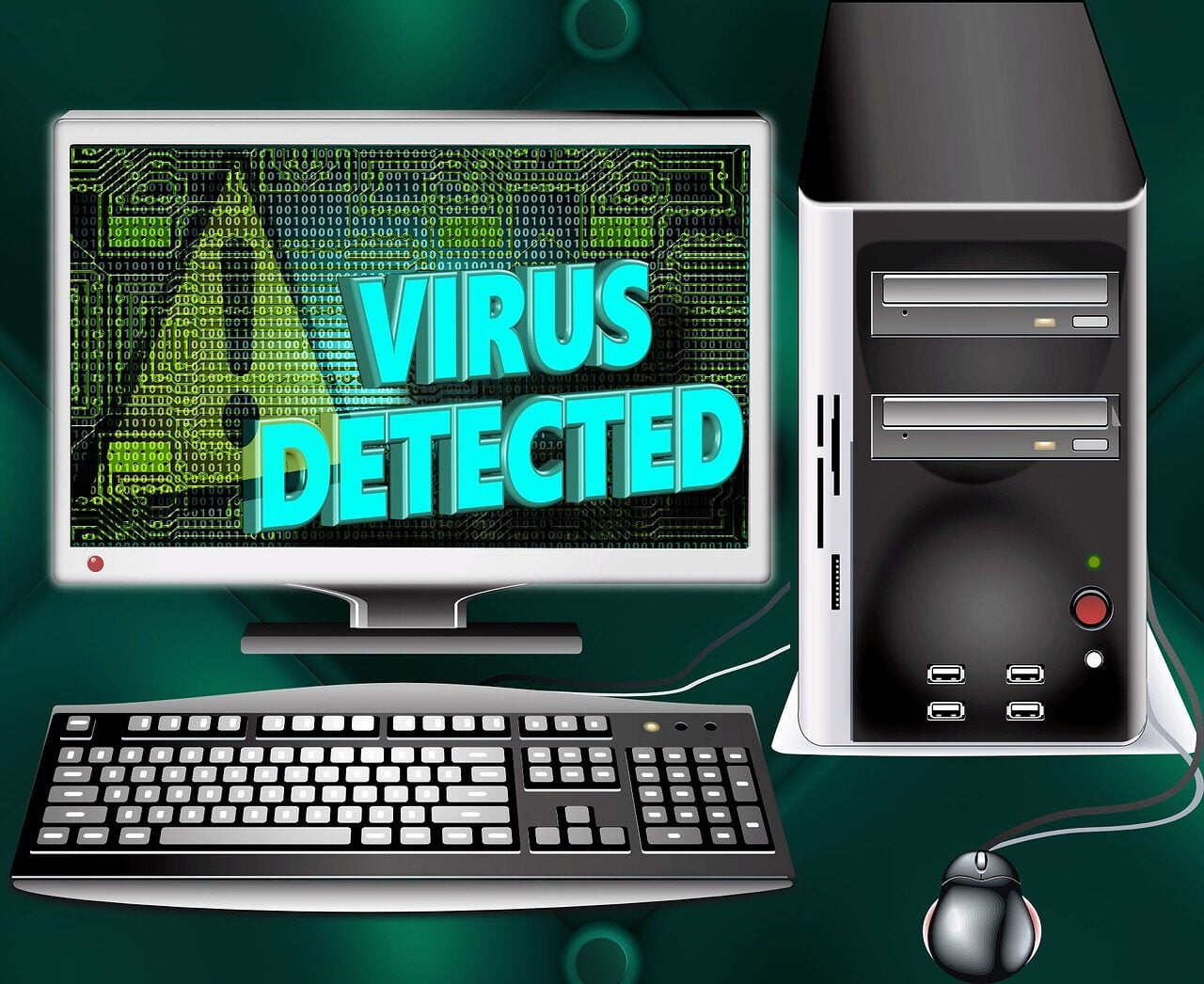
Computer users today are more prone to online threats such as viruses and malware than ever before. Viruses attack your computer, steal your personal information and can even lock you out of your own files and documents. These nasty programs are designed to replicate themselves and spread as fast as possible. Luckily, there are several simple steps you can take to protect your computer against virus attacks. In this blog post, we explore the various ways in which you can protect your computer against viruses and other malware.
Install an anti-virus software
The first step in protecting your computer against viruses is to install a reliable anti-virus software. These programs scan your computer for malicious code and attempt to identify and neutralize viruses before they can wreak havoc. A good anti-virus program will automatically scan your computer each time you log in, alerting you to any viruses or malware that it finds. A recent study found that almost half of all computer users do not install anti-virus software, and another quarter use an ineffective software. If you don’t use an anti-virus program, you are three times more likely to be infected with a computer virus than those who do. Choose a reputable anti-virus software from a trusted company, and always remember to keep it up-to-date.
Firewall
A firewall is designed to block malicious network traffic from gaining access to your computer. This can include spam emails, viruses, spam and other forms of malware. A firewall is designed to block network traffic that is not intended for your computer. It can also prevent other computers from accessing your computer over the internet. A firewall can be either software based or hardware based. It is always a good idea to install a software firewall as part of your overall computer security plan. Software firewalls are normally included with your internet security software. Hardware firewalls are external network devices that sit between your computer and your internet connection, such as a router or modem. If you have a hardware firewall, make sure you have the latest software updates to protect against the latest threats
Browser lockdown
Browser lockdown is a simple yet effective way to protect your computer against viruses. Browsers are the main method of online communication, and many viruses attempt to spread through email, messaging, and social networks. Browsers are also the main way in which you access and interact with websites, so it is important to ensure that you have the correct settings to reduce your risk of infection. Browsers are also the main way in which you access and interact with websites, so it is important to ensure that you have the correct settings to reduce your risk of infection. Always remember to update your browser to the latest version, and be sure to use a browser that is designed for maximum security. Visit the browser’s settings page and ensure that you have disabled any functionality that is unnecessary or could be exploited by malicious software such as cookies, pop-ups, plug-ins, and extensions. You can also use browser extensions that provide extra security, such as an ad blocker, or a pop-up blocker.
Use a Virtual Private Network (VPN)
A virtual private network (VPN) is a software-based encrypted connection between your computer and a remote server. Once connected, all internet traffic is redirected through the VPN server. A remote server-based VPN, such as the one provided by NordVPN, allows you to use the internet via the server’s IP address. This means that all internet traffic is routed through the VPN server, which makes you virtually invisible to hackers and other malicious software. A VPN can also be used to protect your privacy when you are browsing the internet. This is because it encrypts your network traffic, preventing others from reading your data. VPNs also allow you to change your IP address so that you appear to be located in another country. This makes it more difficult for websites to track you. By connecting to a server in a different country, you can access content that may be blocked in your country.
Disk clean-up and backup
Another way to protect your computer against viruses is to keep your computer’s hard drive and associated programs as clean as possible. This includes removing unwanted files and programs, as well as running regular disk clean-ups. Regularly scanning your computer for malware and removing any malicious programs is an essential part of keeping your computer clean. Even so, it is important to ensure that your important files are regularly backed up in case an error occurs or a malicious program manages to infiltrate your computer. Regularly backing up your files to an external drive or an online service can help to protect you from viruses and other threats such as natural disasters and accidental deletion. By backing up your files, you have an extra copy that you can rely on if something happens to your primary copy.
Summary
Computer viruses are a real threat to computer users, and it is important to take steps to protect yourself and your data. By taking the steps outlined in this blog post, you can protect yourself against viruses, malware and other malicious programs. By ensuring that your computer has the latest security updates, installing a reliable anti-virus software, and keeping your browser clean and secure, you can reduce your risk of infection. By using a VPN, you can be confident that your internet activity is private, and you can access content from anywhere in the world. The best way to protect your computer against viruses is to keep it clean and current with the latest security updates.



